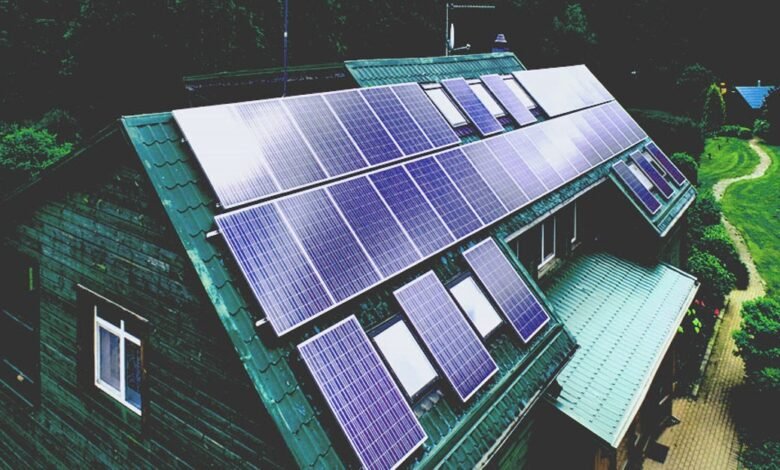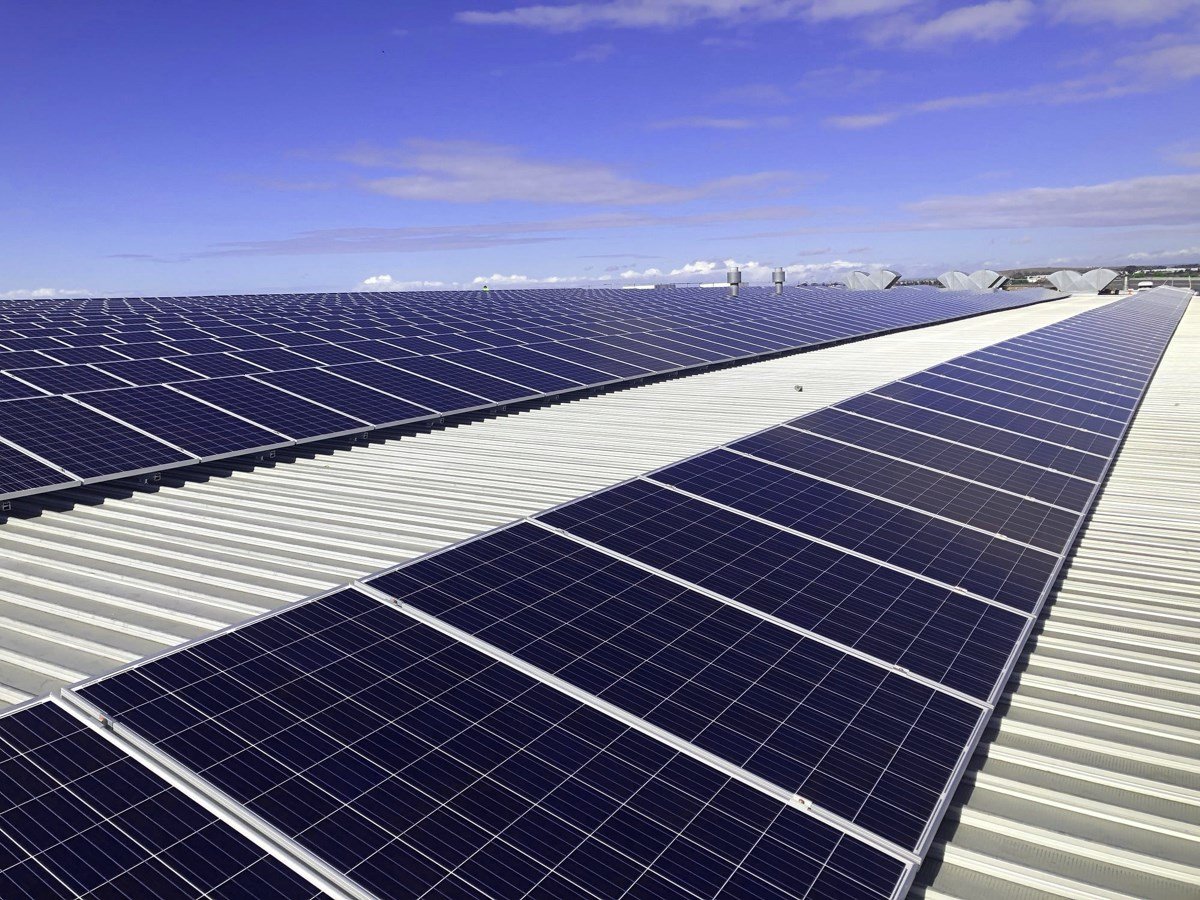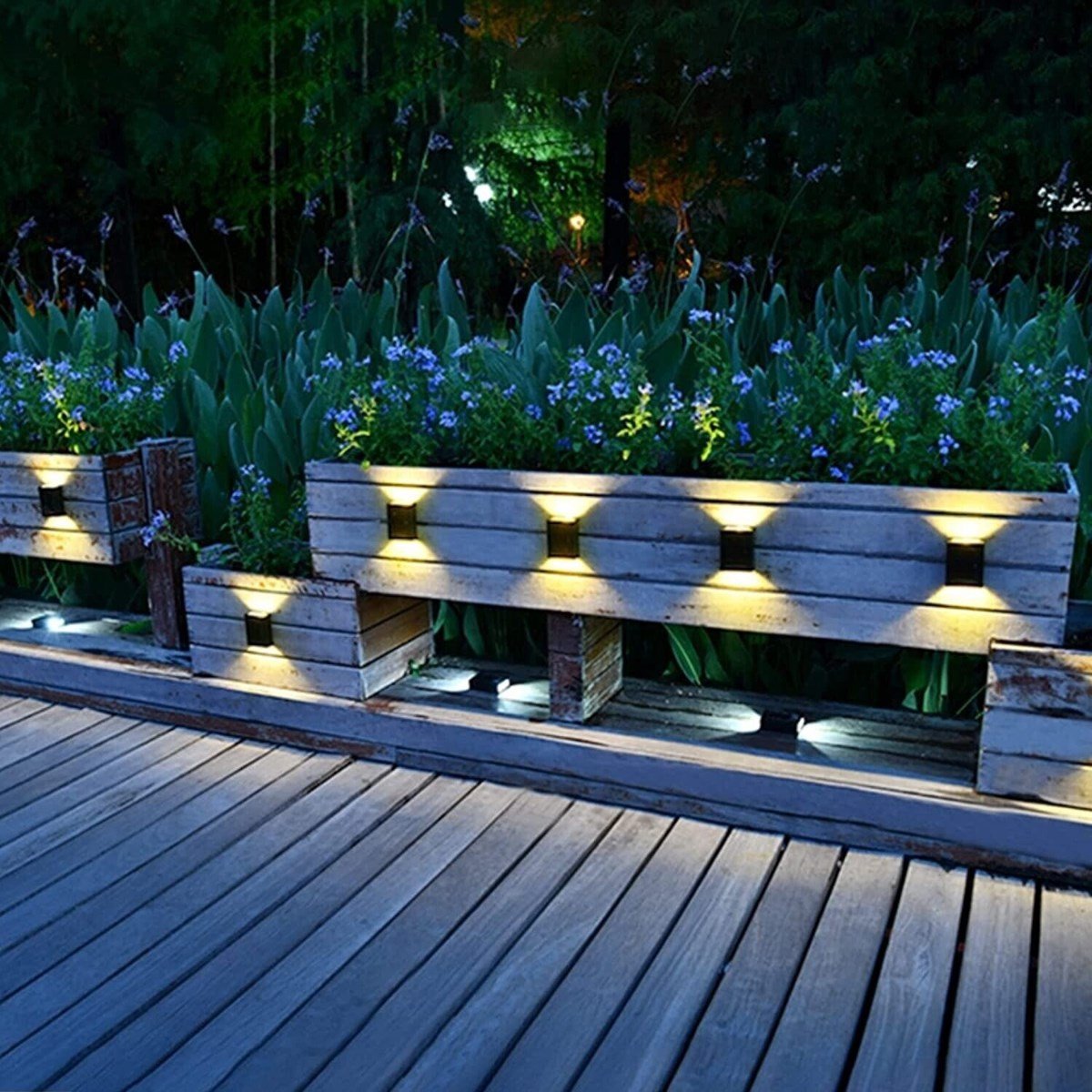15 Amazing Uses For Solar Energy At Home in 2023

In recent years, the popularity of solar energy has skyrocketed as more people seek sustainable and eco-friendly solutions for their energy needs. Solar power is a renewable and clean energy source that can be harnessed right at home. In this article, we will explore 15 amazing uses for solar energy at home in 2023. From generating electricity to powering appliances and even charging electric vehicles, solar energy offers a wide range of possibilities for homeowners to reduce their carbon footprint and save on energy costs.
Read more: Why You Should Never Do Solar Installation Yourself
Harnessing Solar Energy at Home
Solar energy can be harnessed through various technologies and applications, making it a versatile solution for homeowners. By utilizing the power of the sun, individuals can reduce their reliance on traditional fossil fuel-based energy sources.
Solar Power for Electricity Generation

Solar photovoltaic (PV) systems are a popular method of generating electricity from sunlight. These systems consist of solar panels that convert sunlight directly into electricity using semiconductor materials. Solar PV systems can be installed on rooftops, in open fields, or even integrated into building materials.
Solar Thermal Systems
Solar thermal systems use the heat from the sun to generate electricity or provide hot water for domestic use. These systems involve the use of solar collectors to absorb heat and transfer it to a fluid, which can then be used for various purposes, such as heating water or powering a turbine for electricity generation.
Solar Water Heating
Solar water heating systems utilize the sun’s energy to heat water for domestic use. These systems typically consist of solar collectors, a storage tank, and a circulation system. By using solar energy to heat water, homeowners can reduce their reliance on conventional water heating methods and save on energy costs.
Solar Cooking
Solar cooking is an innovative way to prepare meals using the sun’s energy. Solar cookers are designed to concentrate sunlight and convert it into heat, which can then be used for cooking. This eco-friendly method not only reduces carbon emissions but also provides a sustainable cooking option, especially in areas with limited access to traditional fuels.
Solar Lighting
Solar lighting systems utilize solar panels to capture sunlight during the day and store it in batteries for use at night. These systems can be used to illuminate outdoor spaces, pathways, gardens, and even indoor areas. Solar lighting is not only energy-efficient but also eliminates the need for complex wiring and electricity consumption.
Solar Air Conditioning
Solar air conditioning systems utilize solar energy to power air conditioning units. These systems work by converting sunlight into electricity, which is then used to run the air conditioning compressor. By utilizing solar energy for cooling purposes, homeowners can significantly reduce their electricity bills and environmental impact.
Solar Ventilation
Solar-powered ventilation systems use solar energy to power fans or air circulation devices. These systems help maintain proper airflow and ventilation within a home, reducing the reliance on electricity-powered ventilation systems. Solar ventilation can be particularly useful in hot climates, where it can help cool down indoor spaces.
Solar Pool Heating
Solar pool heating systems use solar collectors to heat pool water using the energy from the sun. These systems consist of panels or tubes that circulate water and transfer heat to the pool. By harnessing solar energy, homeowners can extend their swimming season and enjoy a warm pool without relying on traditional heating methods.
Solar-Powered Water Features
Solar energy can also be used to power water features such as fountains, waterfalls, and ponds. Solar-powered water pumps and circulators use photovoltaic panels to generate electricity and operate these decorative features. Not only does this add a beautiful touch to outdoor spaces, but it also eliminates the need for electrical connections and reduces energy consumption.
Solar-Powered Security Systems
Solar-powered security systems offer an efficient and sustainable solution for home protection. These systems include solar-powered cameras, motion sensors, and alarms that are charged by solar panels. By utilizing solar energy, homeowners can enhance their security measures while minimizing their carbon footprint.
Solar-Powered Charging Stations
Solar-powered charging stations provide a convenient way to charge electronic devices and gadgets using clean energy. These stations utilize solar panels to generate electricity that can be used to charge smartphones, tablets, laptops, and other devices. They are particularly useful in outdoor settings or areas with limited access to traditional power outlets.
Solar-Powered Outdoor Entertainment
Solar energy can power various outdoor entertainment systems, including solar-powered speakers, projectors, and music systems. These devices are designed to be charged by sunlight and provide a sustainable way to enjoy music, movies, and other forms of entertainment outdoors. They are portable, easy to set up, and eco-friendly.
Solar-Powered Outdoor Decorations

Solar-powered outdoor decorations, such as string lights, garden lanterns, and decorative sculptures, add charm and ambiance to outdoor spaces. These decorations are equipped with solar panels that charge during the day and illuminate at night. By using solar energy, homeowners can create a magical and energy-efficient outdoor environment.
Solar-Powered Electric Vehicles
Solar energy can be used to charge electric vehicles (EVs) at home. Homeowners can install solar panels on their rooftops or in their driveways to generate electricity for charging their EVs. This not only reduces the reliance on fossil fuels but also lowers the operating costs of electric vehicles.
Read more: 7 Best Ideas for Reducing Energy Costs
Conclusion
Solar energy offers a multitude of amazing uses for homeowners in 2023. From generating electricity to heating water, cooking meals, illuminating spaces, and powering various appliances and systems, solar energy provides a sustainable and cost-effective solution. By harnessing the power of the sun, homeowners can reduce their environmental impact, save on energy costs, and contribute to a greener future.
FAQs
Are solar-powered systems expensive to install?
Solar-powered systems require an initial investment for installation, but they can lead to long-term savings on energy bills. Additionally, various incentives and financing options are available to make solar installations more affordable.
How efficient are solar panels in cloudy weather?
Solar panels can still generate electricity on cloudy days, although their efficiency may be slightly reduced compared to sunny days. However, advancements in solar technology have made panels more efficient in capturing diffuse sunlight.
Can I use solar energy at night?
Solar energy is primarily generated during daylight hours. However, excess energy generated during the day can be stored in batteries or fed back into the grid for use at night.
How long do solar panels last?
Most solar panels have a lifespan of 25 to 30 years or more. With proper maintenance, they can continue to generate electricity efficiently throughout their lifespan.











